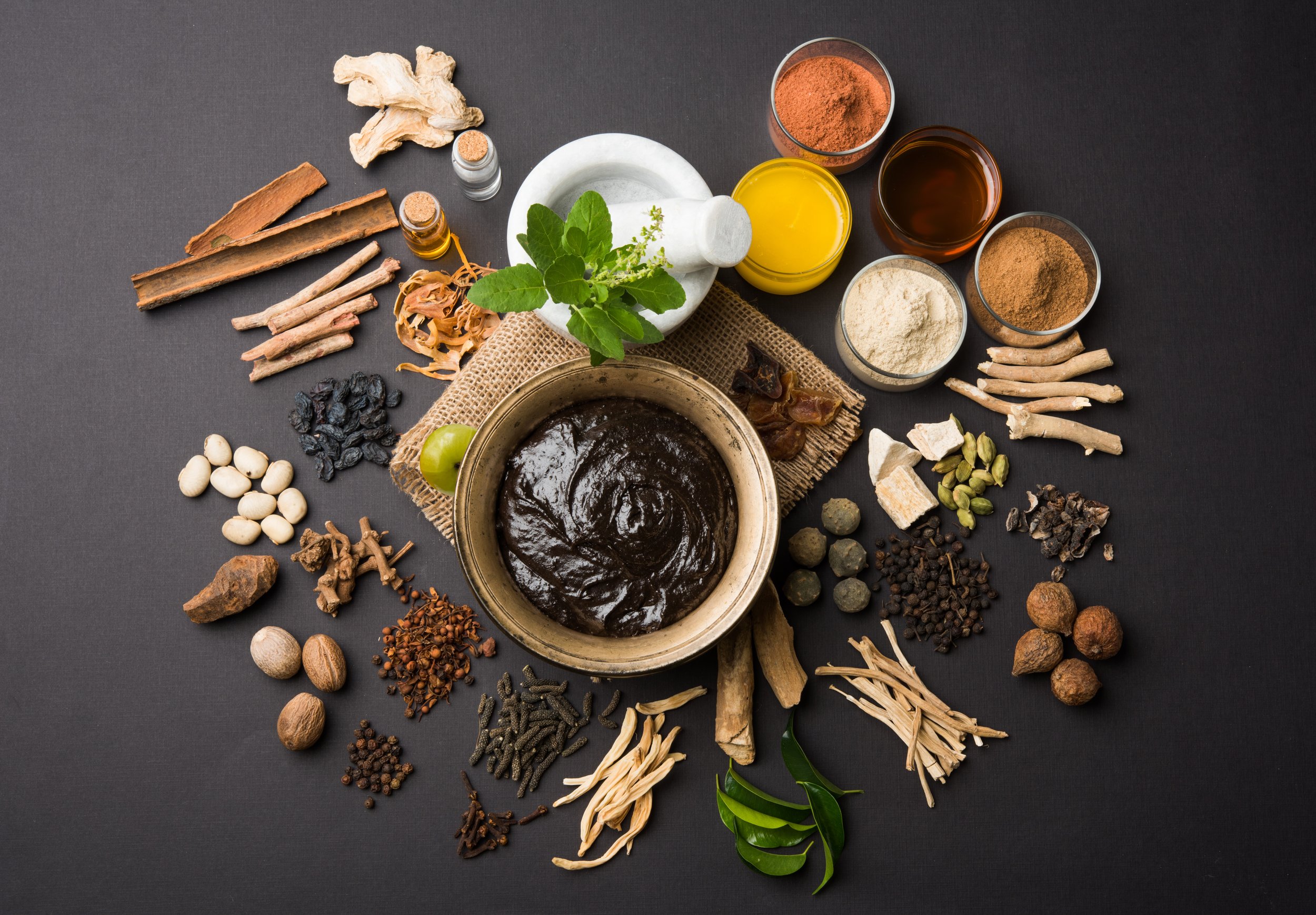HEALTH & WELLNESS || How to Heal and Maintain Your Gut Health

We’ve been hearing the term gut health a lot lately, but most of us just ignore it because, truth is, we have no clue what it is and it most definitely does not sound attractive.
Let us dive a little deeper into our gut health today. And we promise, it’s an interesting one!
Gut Health 101
We often think taking a handful of supplements would do the trick, but the reality is that there are a bunch of hidden factors we never consider. So let’s get behind the science and understand where and how the gut is formed in our body. Did you know our cells are formed by everything and anything we eat? There are more cells in our gut than in the rest of our body. Approximately 40 trillion microbes inhabit our gut, that is 90% of our gut population! This complex system is called the ‘Microbiome’. Here’s an important point to take note of - the ‘microbiome’ shapes the way we feel mentally and physically. Bacteria have their own symphony orchestra, which creates chemicals that communicate with many of our organs, including the brain, skin, heart and immune system.
Have we lost you yet? A reason why we should nurture our gut health early on in life (and throughout our adult life) is because the ‘initial’ gut microbiome is formed from our mother’s bacteria that is transferred through the birth canal, and the microbial balance can change over time with your daily lifestyle, such as sleeping and eating habits.
Now that we got the technical facts out of the way, here are some tips for maintaining a healthy gut:
Intermittent Fasting
Intermittent fasting is in vogue and it’s beneficial for our gut health. Fasting time is between 14-16 hours, and this allows the gut flora to recolonise. The easiest way to implement this would be to have a late breakfast and an early dinner, so that you can enjoy all your meals of the day within 8 hours of the day.
Stress Management
There is evidence that a healthy gut can improve your mood. Take note that 90% of serotonin receptors are located in the gut. The brain and the gut communicate and their relationship can be a little dysfunctional. We call this the ‘Gut-Brain Axis’. (In Simple English Please!) It is a bidirectional phone line that allows communication between the central and enteric nervous systems, which also links the emotional or cognitive centres of the brain with the peripheral intestinal functions. Therefore, reducing stress with meditation, yoga, and exercise can support gut health.
Go Organic
Pesticides can harm your gut flora, so try to steer towards organic produce. We often hear people say, “Buy organic products” - but why? Of course, it’s to protect our gut!
It’s time to dive a little deeper into the world of pesticides and gut health. Exposure to toxic environmental agents, such as pesticides, has a detrimental effect on the ‘microbiome’. As you all know, pesticides are used to keep unwanted pests off produce while growing and harvesting. It all sounds good, but pesticides have harmful effects on humans. It can increase the risks of cognitive dysfunction, cancer, cardiovascular disease, Parkinson’s disease and reduced fertility. An interesting fact is that there are a limited number of pesticides that can be used in commercial farming - though ideally there will be zero pesticides but it’s clear every part of the supply chain is weighing between user health vs income farms make and pay taxes on.
Nuh-Uh to Artificial Sweeteners and Processed Foods
Nowadays, it’s hard to avoid processed foods as they can harm the ‘microbiome’. Emulsifiers, the ‘bad’ stuff that is added inside processed food to improve texture and prolong shelf life, are what damage our gut health by increasing gut inflammation and the risks of diseases. If you’re able to avoid the processed foods or tone it down a notch that would be a great improvement!
Drink, but Don’t Drink
There is always a ‘good’ and a ‘bad’ to everything, our gut included - there are ‘good’ and ‘bad bacteria. Drinking too much alcohol will increase the number of ‘bad’ bacteria, which are the bacteria that causes inflammation and irritation in the gut - in simple terms, the bad stuff! Meanwhile, the ‘good’ bacteria, the good cop that aids digestion, will decrease.
Introducing the LEAKY GUT. When there is an excess of ‘bad’ bacteria, it will cause a leaky gut. This is when gaps in the intestinal wall allow bacteria and other toxins into the bloodstream. Which then leads to damaging your liver. This all sounds pretty scary, doesn’t it? Drinking is okay, but remember that alcohol upsets the ‘microbiome’ - so drink sensibly!







